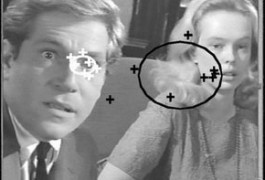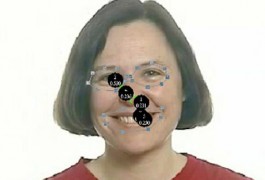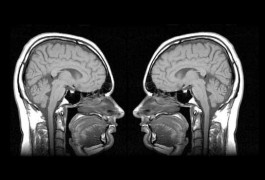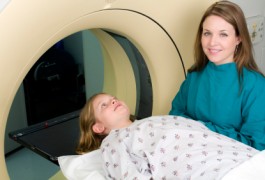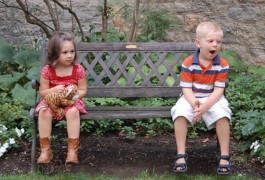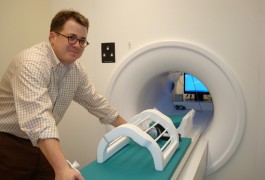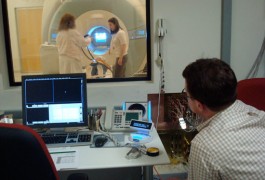Social cues from bodies in motion lost to those with autism
Two new studies suggest that people with autism don’t all have trouble detecting the motion of people and animals. What they do struggle with is picking up social information from bodies in motion.
